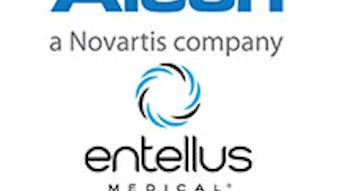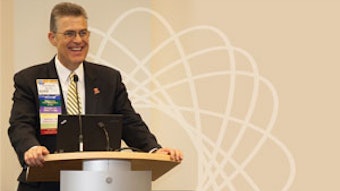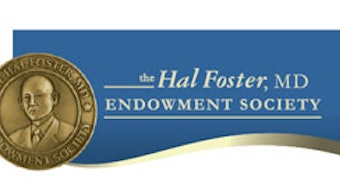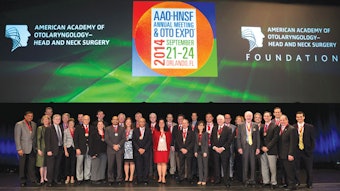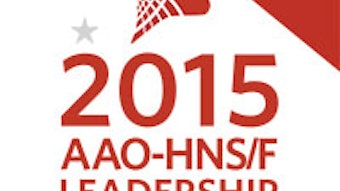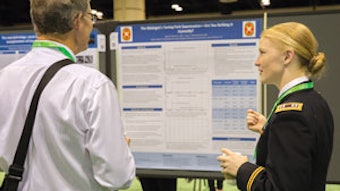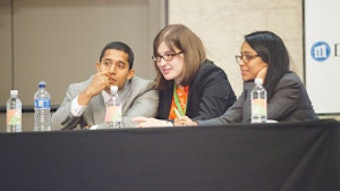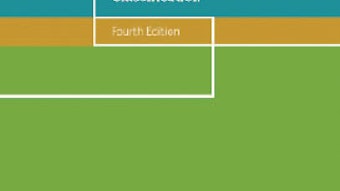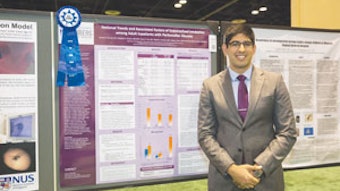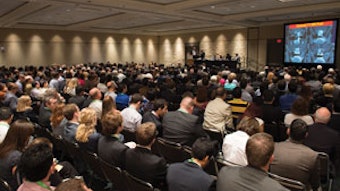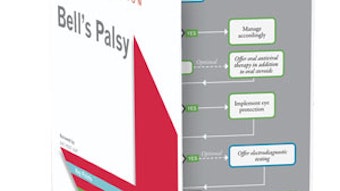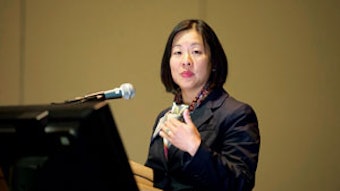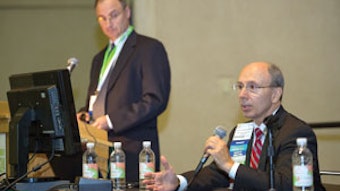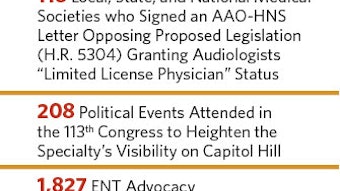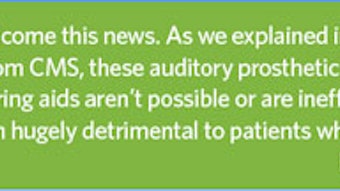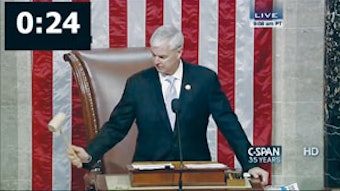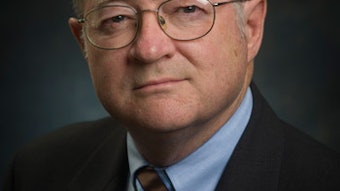2014 Annual Report: Advocacy to Resolve Concerns Related to CMS and Private Payer Policy on Cerumen Removal (69210)
During the past year, the Academy has worked tirelessly on behalf of Members to advocate for changes to the Centers for Medicare & Medicaid Services (CMS) and private payer policies related to the payment of cerumen removal even when billed unilaterally.
Advocacy Efforts with CMS
As a result of Academy efforts, Cigna has changed this policy such that any claim with modifier 25 that was denied will be reprocessed, and going forward, providers will be reimbursed when modifier 25 is appended, with no documentation necessary with submission. This policy reversal has positively affected many Members and their Cigna patients. See www.entnet.org/template-appeal-letters
During the past year, the Academy has worked tirelessly on behalf of Members to advocate for changes to the Centers for Medicare & Medicaid Services (CMS) and private payer policies related to the payment of cerumen removal even when billed unilaterally. Despite the CPT coding change to 69210, CMS issued a payment policy within the 2014 final Medicare Physician Fee Schedule that refuses to acknowledge the use of the -50 modifier when 69210 is furnished bilaterally. Their rationale for this is that the physiologic processes that create cerumen impaction likely will affect both ears. In February 2014, the Academy conducted a conference call with CMS regarding this policy. We followed up with CMS in April 2014 with the results from our Member survey that the service is performed most typically bilaterally (59 percent).
Per CMS instruction, this reimbursement policy will remain in place through CY 2014 as an interim value for the service. Based on CMS guidance, the Academy recommends that Members NOT report 69210 using modifier -50, as MACs are denying these claims entirely and not paying for even one unit reported. We also have confirmation from Members that many private payers are following CMS policy and are not reimbursing for this as a bilateral procedure. We encourage providers to check with their private payers, as policies vary and there are some who are allowing the -50 modifier.
At this time, CMS has indicated that this remains its policy and that it does not plan to make any changes. The Academy has exhausted all efforts to prompt CMS to revisit this payment policy; however, if the opportunity presents itself to open dialogue in a meaningful way, we will certainly pursue that avenue. In the meantime, the continued guidance to Academy Members is not to report 69210 using modifier -50.
Private Payer Advocacy Efforts Related to 69210 and E/M Codes
The Health Policy team first heard from Members experiencing a problem with BCBS of Florida, where they were denying claims with CPT 69210 removal impacted cerumen requiring instrumentation, unilateral when it is billed in conjunction with any office-based Evaluation and Management (E/M) CPT code (99211-99215). After several calls to Members (via the monthly HP Update and The News) for information about widespread impact, it was determined that the issue was occurring on a more national basis, thus warranting 3P involvement. After initially sending out more than a dozen individual letters to payers, 3P determined that a better use of resources would be to develop a template appeal letter and advocacy statement, in addition to our CPT for ENT on Cerumen Removal for Members to use when appealing inappropriate denials of this nature.
